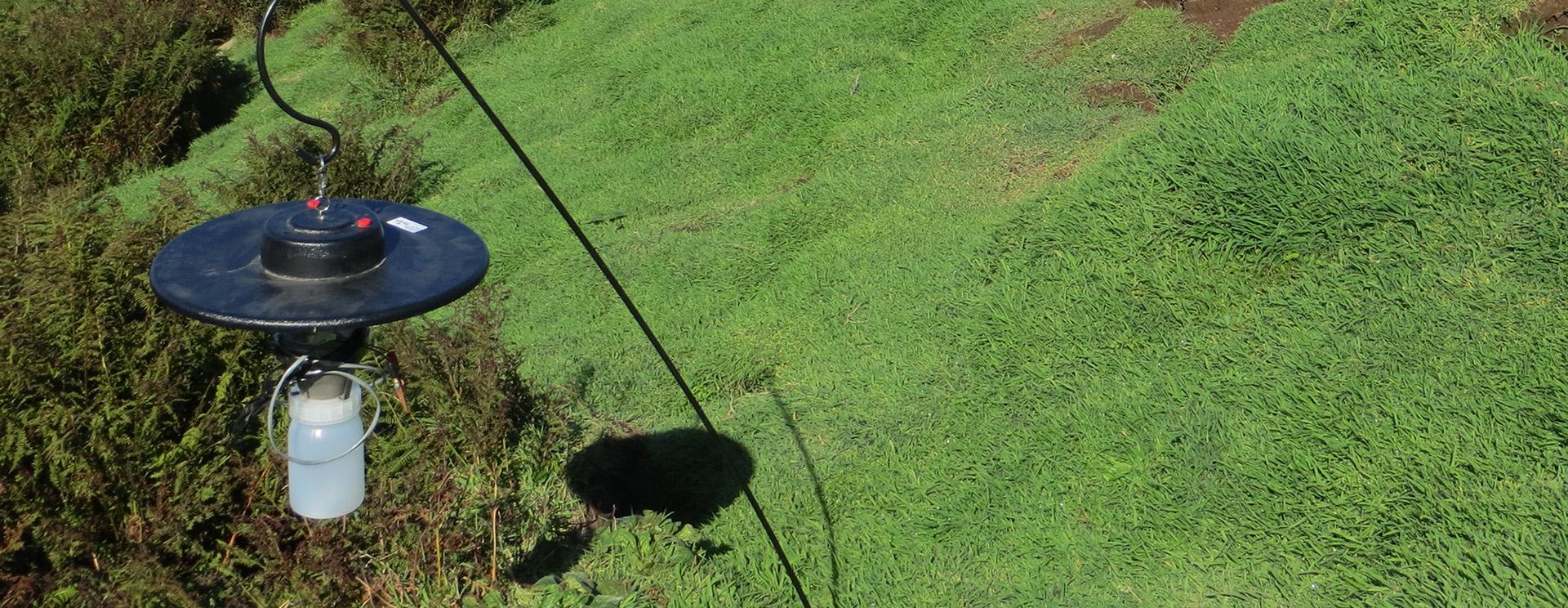Culicoides-borne Orbivirus epidemiology in a changing climate
Orbiviruses are of significant importance to the health of wildlife and domestic animals worldwide; the major orbiviruses transmitted by multiple biting midge (Culicoides) species include bluetongue virus, epizootic hemorrhagic disease virus, and African horse sickness virus. The viruses, insect vectors, and hosts are anticipated to be impacted by global climate change, altering established Orbivirus epidemiology. Changes in global climate have the potential to alter the vector competence and extrinsic incubation period of certain biting midge species, affect local and long-distance dispersal dynamics, lead to range expansion in the geographic distribution of vector species, and increase transmission period duration (earlier spring onset and later fall transmission). If transmission intensity is associated with weather anomalies such as droughts and wind speeds, there may be changes in the number of outbreaks and periods between outbreaks for some regions. Warmer temperatures and changing climates may impact the viral genome by facilitating reassortment and through the emergence of novel viral mutations. As the climate changes, Orbivirus epidemiology will be inextricably altered as has been seen with recent outbreaks of bluetongue, epizootic hemorrhagic disease, and African horse sickness outside of endemic areas, and requires interdisciplinary teams and approaches to assess and mitigate future outbreak threats.
